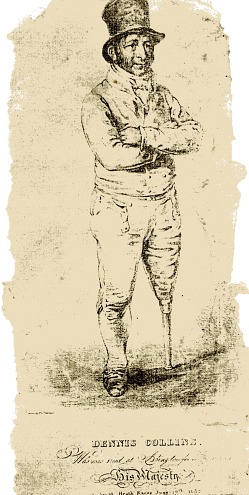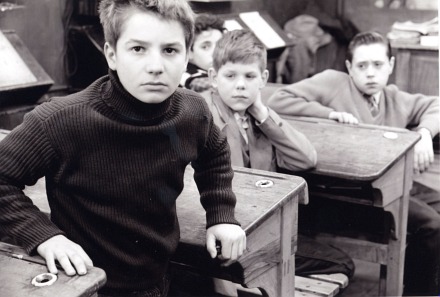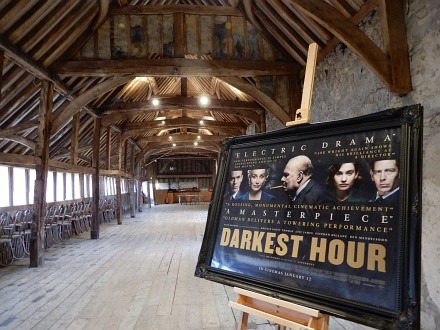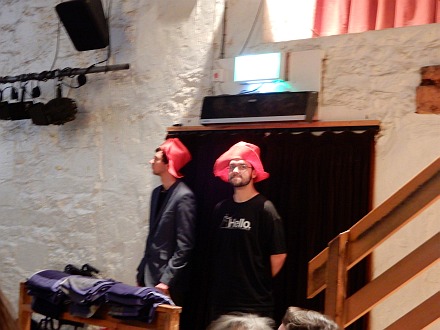What might make a good film is this real life event from 1832 that was tried at Abingdon …

Dennis Collins was convicted of High Treason, at Abingdon County Hall in 1832. Collins threw two stones at the King at Ascot Races. The first stone missed, and the second grazed King William IV, after hitting his hat. The King retreated to safety for a short while before re-appearing to show all was well to the crowd at Ascot .
In the mean time Dennis Collins was apprehended and beaten up and taken to Reading Gaol, and then later to Abingdon Gaol for the trial.
The jury at the County Court at Abingdon decided that he was guilty but at the same time petitioned the King for clemency.
Collins had served in the Royal Navy. He lost his leg on active service and was pensioned off – valiantly. He exchanged his pension to become an in-pensioner at a home for ex servicemen. He did have a bit of a temper, and one day lost his temper over a small matter. The home was swept too often and that disturbed his peace, and he asked that it be swept only once a day. This led to an altercation, and Collins was thrown out and then lost his pension.
For six months he lived as best he could with little money. He was more miserable than he had ever been in his life, and wrote to the King asking that his pension be re-instated. The letter was sent to the admiralty to decide and they decided he could NOT have his pension back.
It was for that reason he threw the two stones at Ascot Race Course. He had done it as a protest to get his pension back, not to hurt the King. He was very sorry afterwards that one stone had hit the King.
A print of Collins exists and shows him with a wooden leg. A kind lady exchanged his old wooden leg and ex-sailor’s garb, for a new leg and more respectable attire.
The King was merciful, and the initial mandatory sentence for such treason (hanging and quartering) was changed to transportation for life, and so Collins was sent to Van Diemen’s Land at 70 years of age. A short residence in that colony ended his days when he died in the spring of the year 1834.








